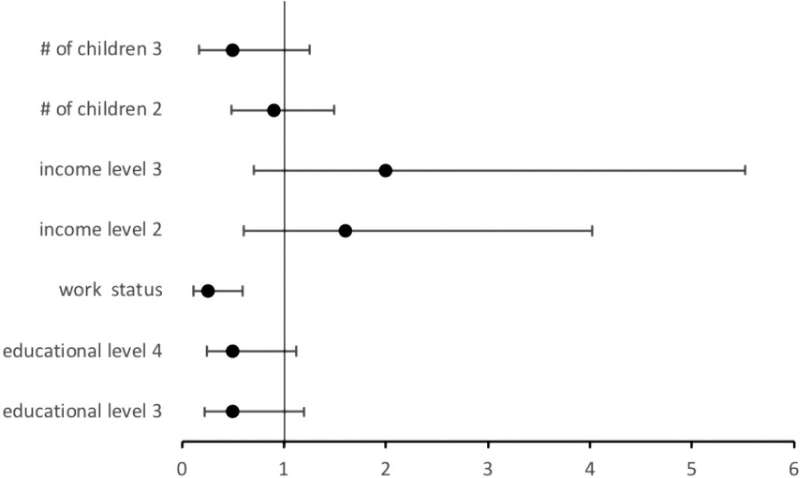
Female biological sex was associated with greater negative emotions during the COVID-19 pandemic, according to a new study of European countries. The study, which assessed associations between biological sex, sociocultural gender, and mental health for a European population, is published in the Journal of Women’s Health.
Professor Dr. Alexandra Kautzky-Willer, from the Medical University of Vienna, and coauthors, reported finding positive correlations between female sex and “feeling nervous, anxious or worried” and “feeling sad, depressed or hopeless.”
They conducted a sub-study of the International COVID-19 Awareness and Responses Evaluation (iCARE) Study, an international, observational cohort study of public awareness, attitudes, and responses to public health policies implemented to reduce the spread of COVID-19 on people around the world.
The investigators focused on the data from 37 European countries. The aim of the sub-study was to investigate the association between biological sex and gender and psychosocial parameters, emotional status, and mental health during the COVID-19 pandemic.
Regarding sociocultural gender variables, “We identified that unemployment, low income and lower education status was related to worse mental and emotional well-being, particularly in the female cohort,” stated the investigators.
“The COVID-19 pandemic has been associated with a higher prevalence of depressive symptoms, and this has affected women more so than men. This study showed that especially among women, unemployment is negatively associated with mental health,” says Journal of Women’s Health Editor-in-Chief Susan G. Kornstein, MD, Executive Director of the Virginia Commonwealth University Institute for Women’s Health, Richmond, VA.
Mary Ann Liebert, Inc

